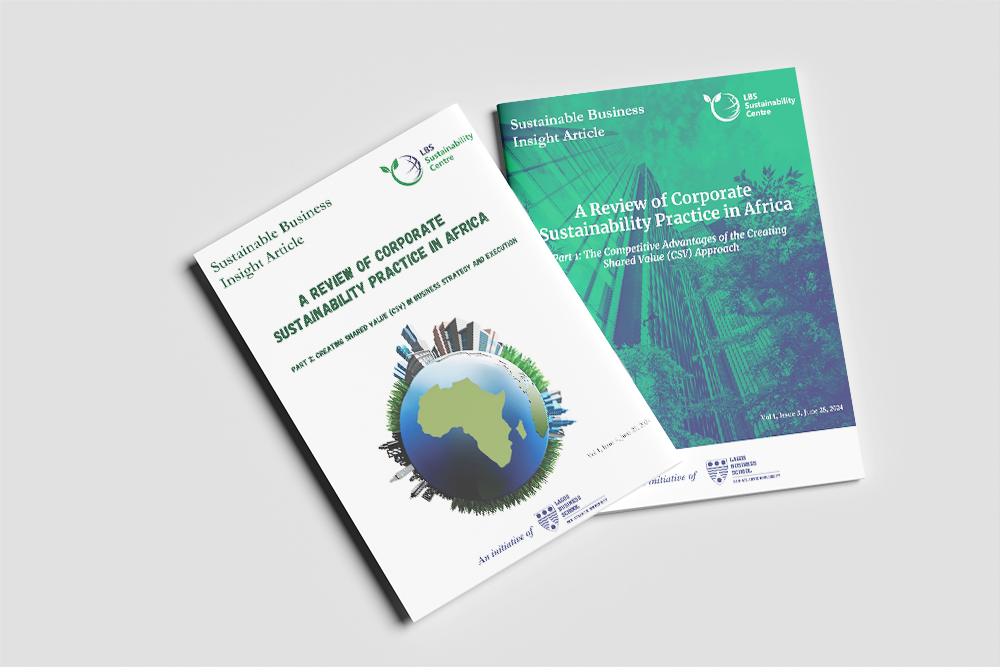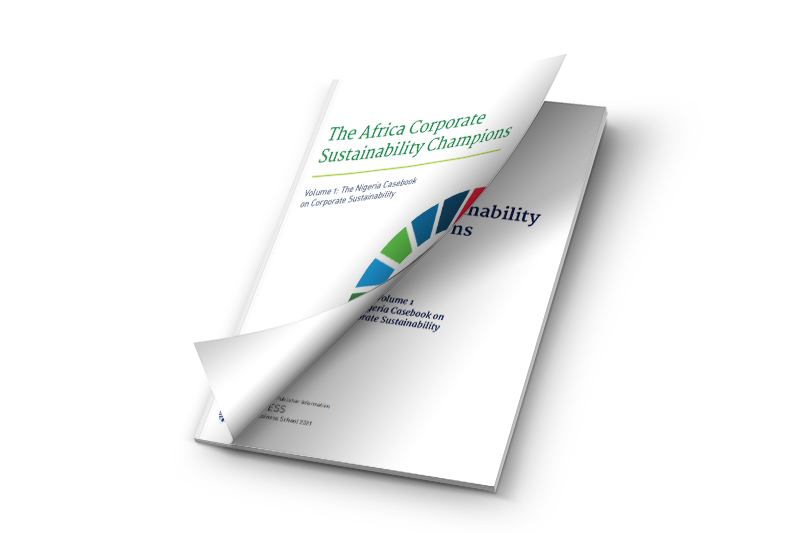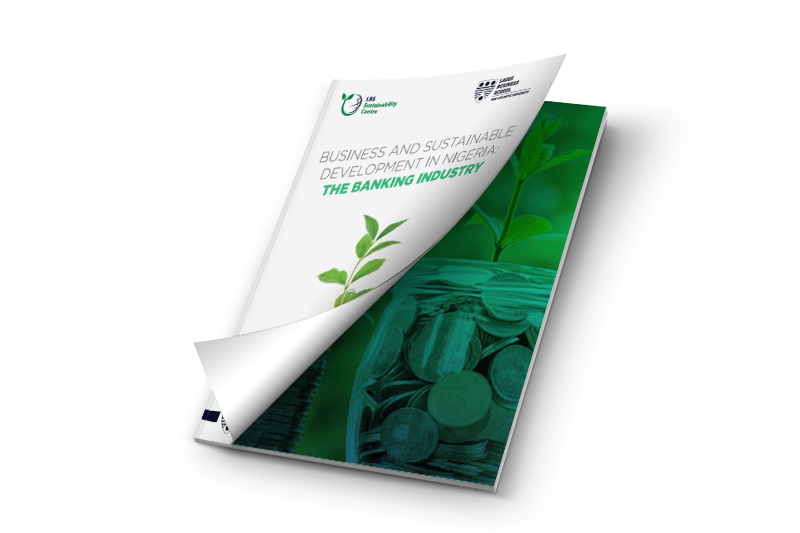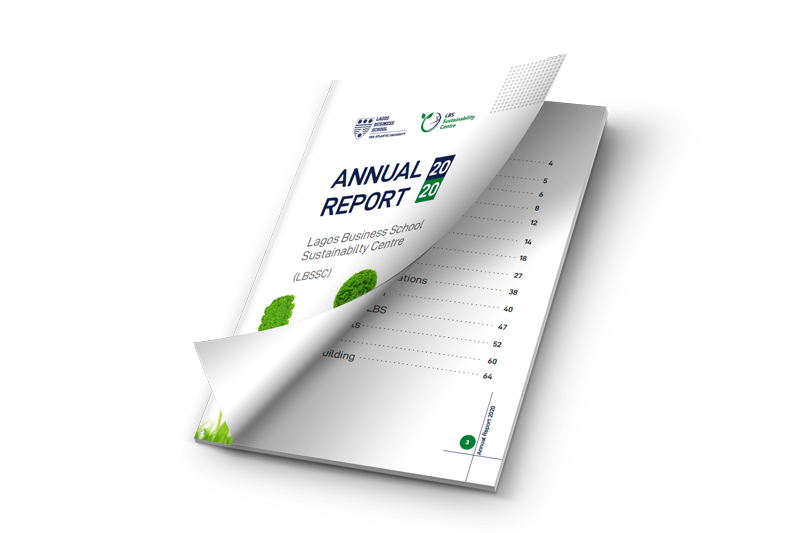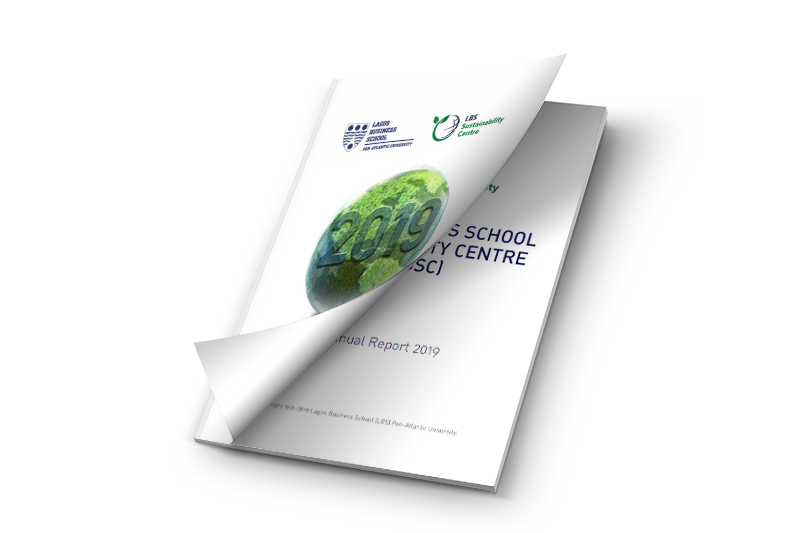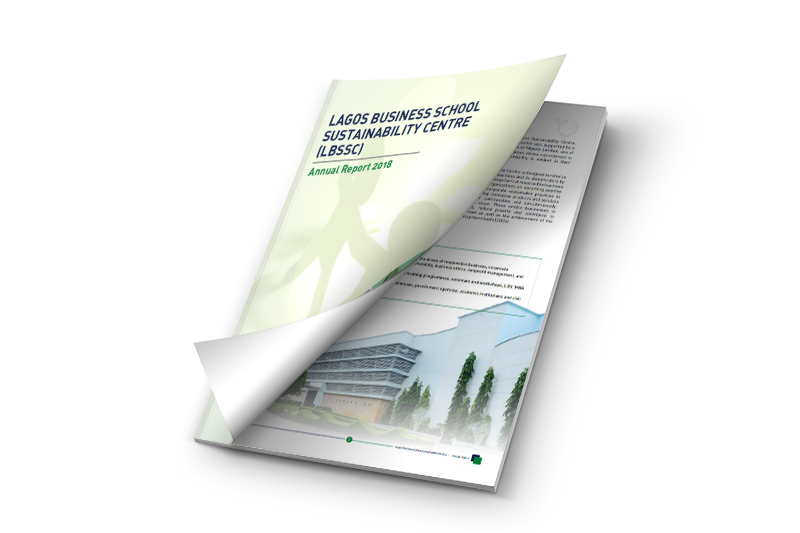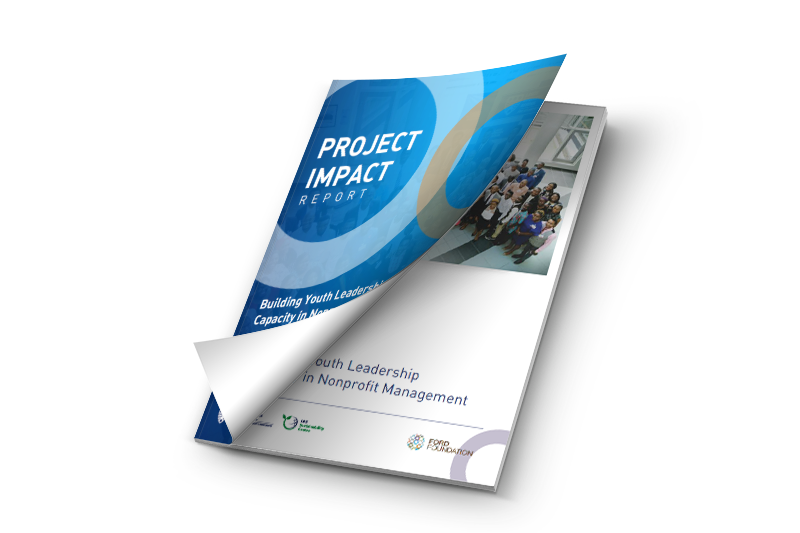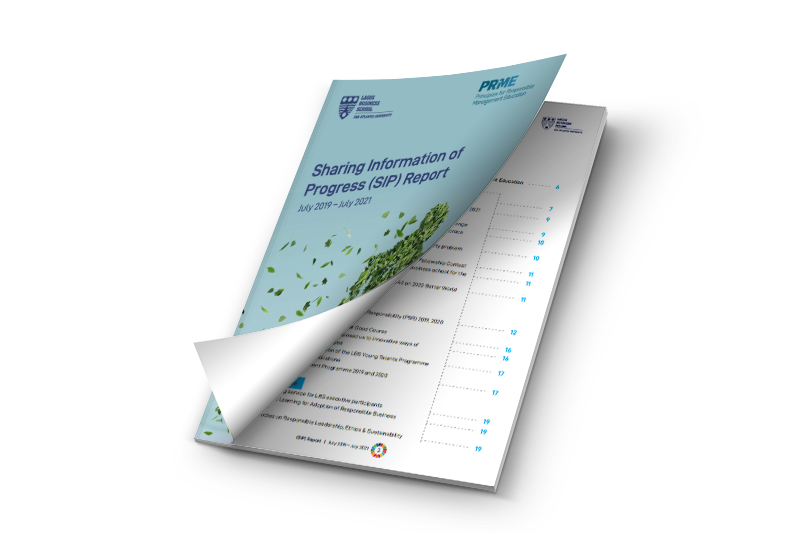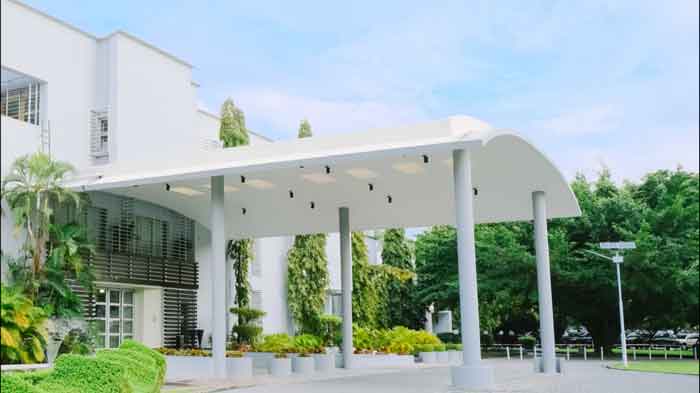A Review of Corporate Sustainability Practice in Africa – Insight Report Series
Corporate sustainability is a holistic approach to conducting business while achieving environmental, social, and economic (including financial) goals and managing ‘footprint’ to create more value for all stakeholders.
It is common knowledge that Africa is faced with societal challenges slowing the prosperity of her people and her economy leaving many organisations, governments and communities puzzled as to the best approach needed to tackle these seemingly insurmountable problems. In this insight series, LBSSC’s team of experts and researchers explore the various ways businesses on the continent are embedding sustainability. Parts 1 and 2 take a deep dive into Creating Shared Value (CSV), a concept invented by Harvard professors Kramer and Porter and how it is currently practised using case studies of select organisations in Africa.

